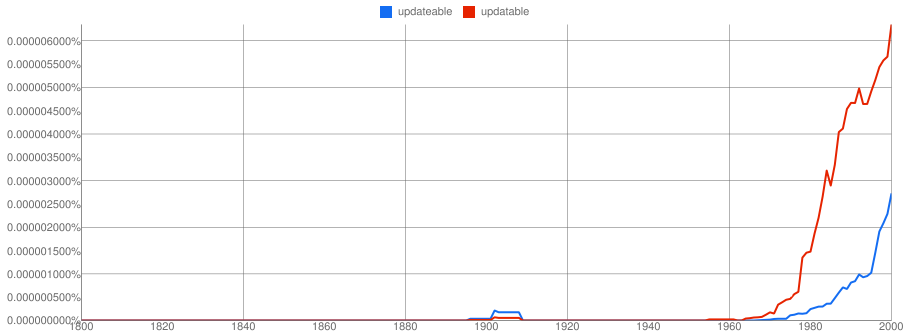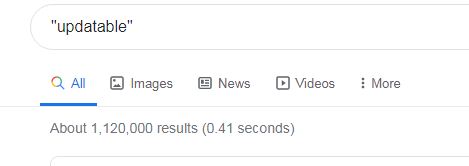Updatable vs updateable:
Both of them are correct and acceptable.
Google Ngram shows that updatable is more prevalent than updateable.
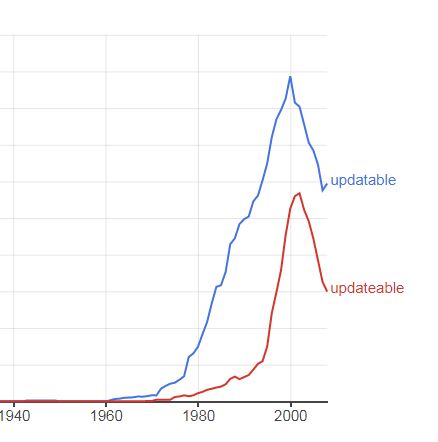
However, the plausible answer would be: if the removal of final e from the base word changes the pronunciation of the preceding consonant, it's often incorrect and unacceptable but if its removal does not changes the pronunciation of the preceding consonant, it's usually correct and acceptable. (There are loads of exceptions, however.)
'T' gives the same sound /t/ before both 'a' and 'e', so it's OK to remove the final e from 'update' when it's suffixed.
Updateable and updatable - both have /t/ sound (the removal of e does not change the pronunciation of the base word 'update') so both of them are correct and acceptable.
Explanation with examples:
1.
If the removal of final e changes the pronunciation of the preceding consonant, then the spelling without e is often incorrect and unacceptable.
Examples:
- Notice + able -> noticeable not noticable because the removal of final e changes the pronunciation of the preceding consonant (i.e. changes /s/ of 'notice' to /k/ -- 'c' often gives /s/ sound before e and gives /k/ sound before a).
0 results for 'noticable':
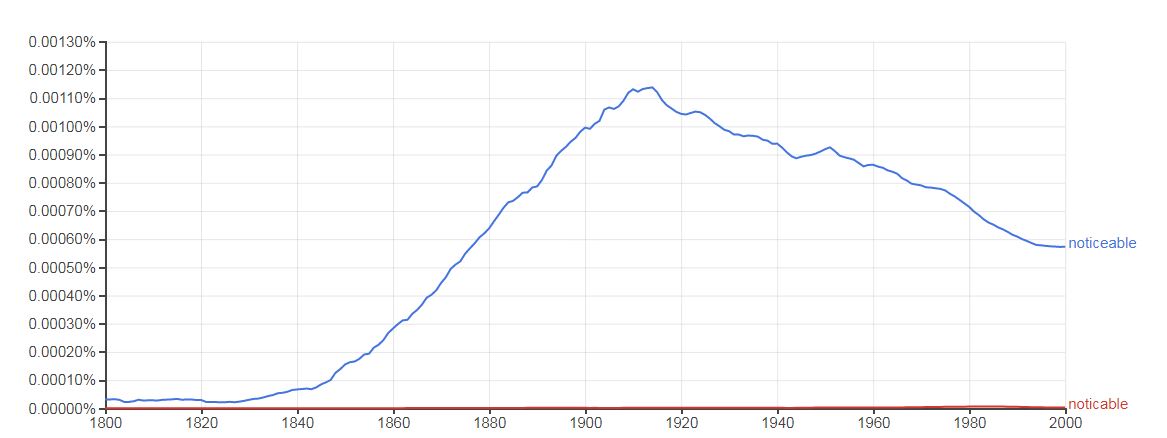
- Manage + able -> manageable not managable because the removal of final e changes the pronunciation of the preceding consonant (i.e. changes /dʒ/ of 'manage' to /g/ -- 'g' often gives /dʒ/ before e and gives /g/ sound before a).
0 results for 'managable':
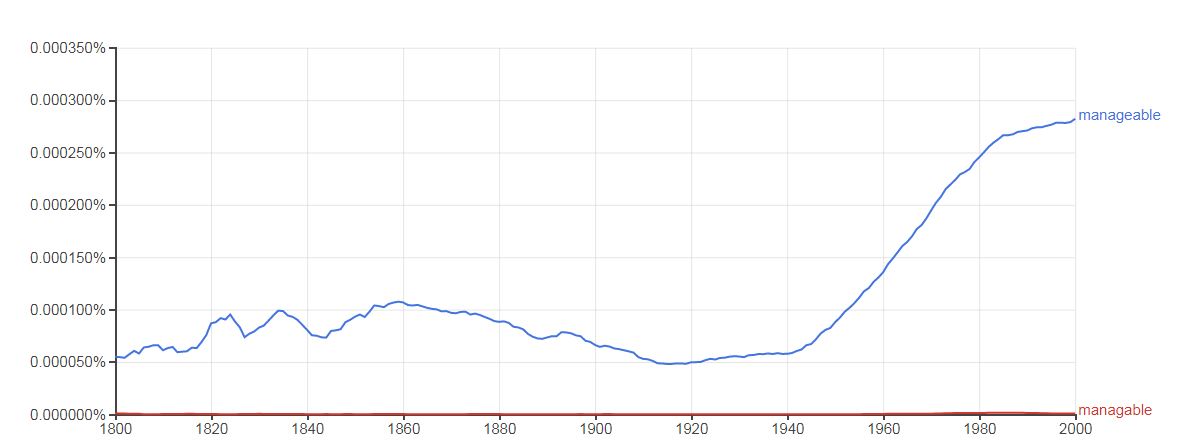
2.
However, if the removal of final e does not change the pronunciation of the preceding consonant, both spellings (with and without e) are usually correct and acceptable.
Examples:
- Love + able -> loveable or lovable - both are correct and acceptable because 'v' gives the same sound /v/ before both 'a' and 'e'.
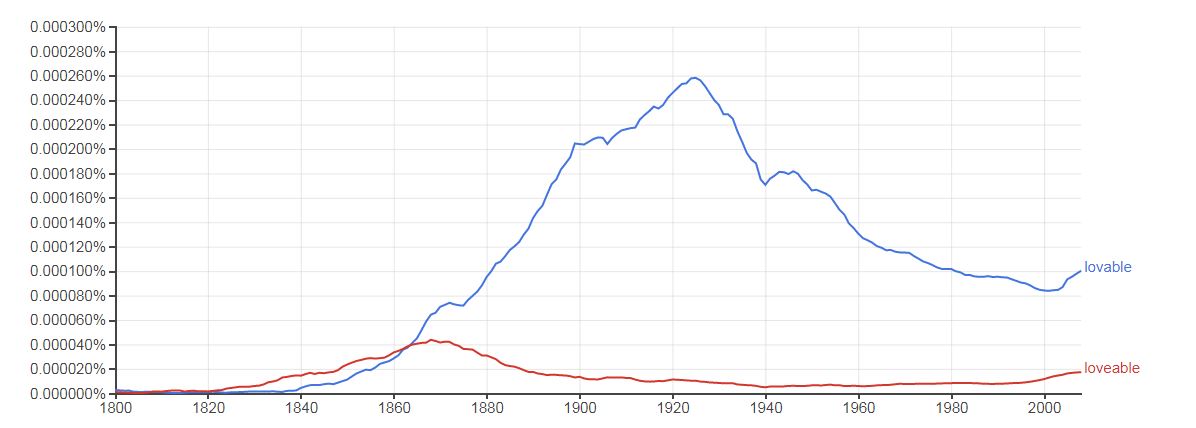
- Trade + able -> tradeable or tradable - both are correct and acceptable because 'd' gives the same sound /d/ before both 'a' and 'e'. (I've explained 'tradeable and tradable' in this question.)
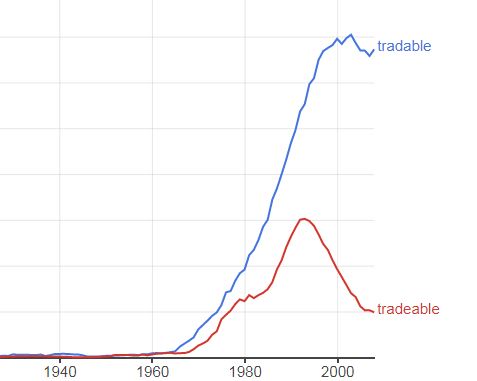
However, words that end with '-seable' are not very common.
Examples: Usable and useable:
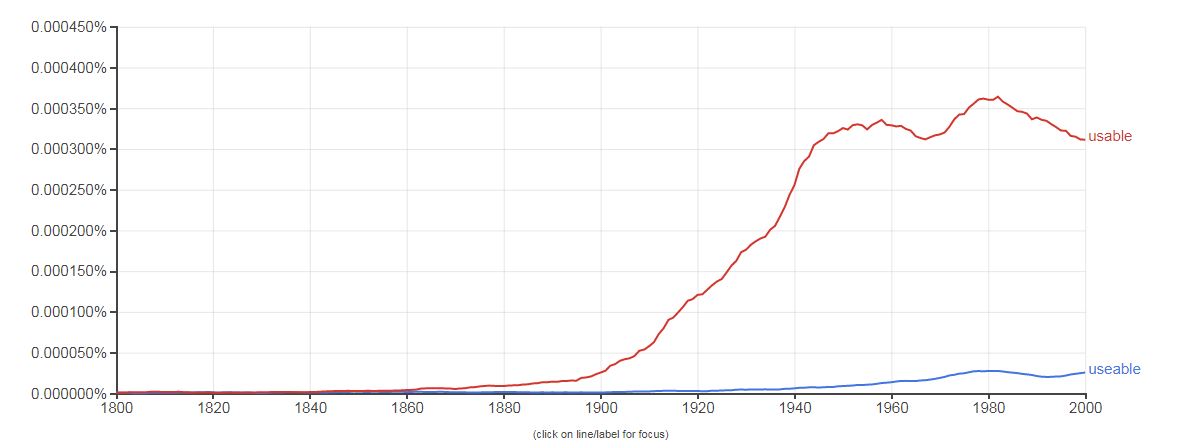
Confusable and confuseable:
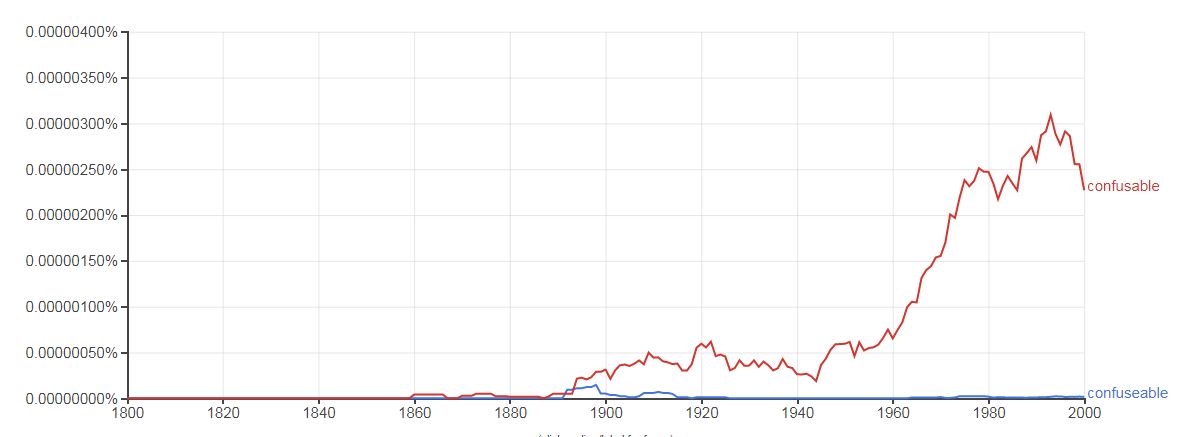
Response to a comment by Edwin Ashworth:
Lots of research and reasonable analysis. However, your 'rule' allows for noteable as well as "notable_; Wiktionary labels this 'a common misspelling', and it does not appear in CED, M-W
This guideline is only for suffixed words (which have the suffix -able).
Notable is directly derived from Latin word 'notabilis'.
Notable: mid-14c., "worthy of note, important, praiseworthy," from Old French notable "well-known, notable, remarkable" (13c.), from Latin notabilis "noteworthy, extraordinary," from notare "to mark, note, make a note," from nota "mark, sign, means of recognition" — [Etymonline]

